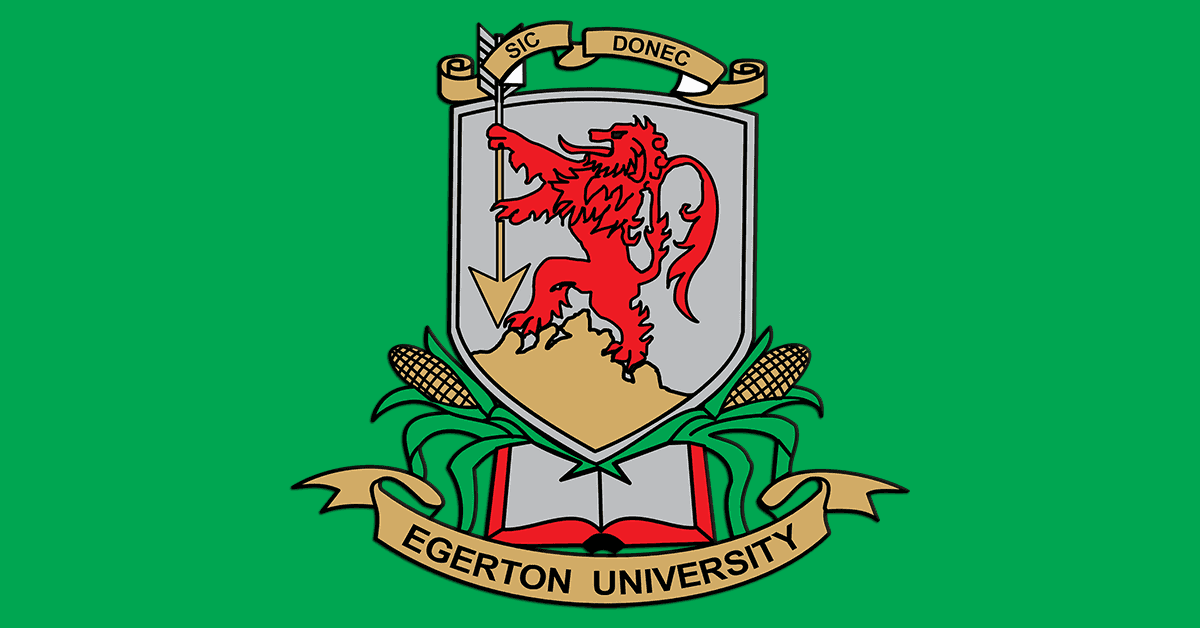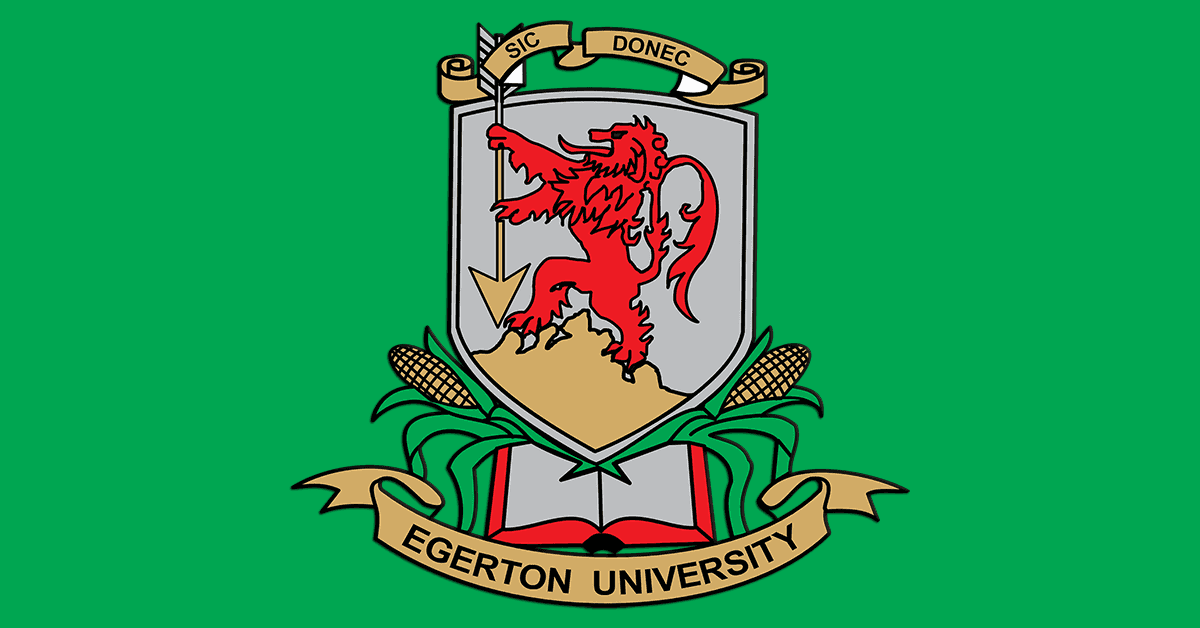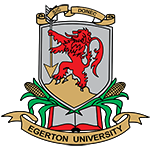EGERTON
UNIVERSITY
23rd Feb, 2024
Ladies and Gentlemen,
It is with great pride and gratitude that I stand before you as we mark the handing over of the rehabilitated sites along the Njoro River to the County Governments of Narok and Nakuru.
Since 2012, Egerton University, alongside our esteemed partners including the KCB Bank Group, and the Cooperative Bank of Kenya, has spearheaded the rehabilitation of the Njoro River. This initiative was born out of the urgent need to address the detrimental impacts of river degradation, which had severely hindered access to clean water and essential river-related services for communities in Narok and Nakuru.
The rehabilitation of Njoro River was identified as a flagship project under our Vision 2030 alongside the Agro-Based Science Park and the Chemeron Dryland Research Training & Ecotourism Centre.
Recognizing the severity of the threats facing the river, including the destruction of riparian zones, charcoal burning, uncontrolled dumping of solid waste, and water pollution, we divided the Njoro River into six zones for targeted adoption and rehabilitation.
Today, I am honored to announce the successful rehabilitation of two key sites: the source of the Njoro River in Entiyiani Location, Narok County, and the Ng’ondu site near Egerton University. Despite facing significant challenges along the way, including the devastating fire at Entiyiani in 2015 and persistent issues with illegal dumping at Ng’ondu, we remained steadfast in our commitment to achieving our goals.
Our efforts have borne fruit, with several notable achievements to our credit. We have conducted close to 30 sensitization seminars to educate the community on environmental conservation, cleared dumpsites, constructed livestock watering troughs, supported community-based tree nurseries, and established forests in degraded areas. Additionally, we have employed local youth as caretakers of the rehabilitated sites, fostering community engagement through paid tree-planting exercises.
As we hand over the rehabilitated sites to the County Governments, I urge them to continue the work we have started and to engage the same caretakers wherever possible. Egerton University remains committed to offering technical support and expertise, as well as identifying new sites for rehabilitation as resources allow. These rehabilitated sites will continue to provide ecosystem services and support the community by ensuring access to clean water and fuel when the trees reach maturity.
Furthermore, I would like to draw attention to the plight of women in nearby communities who spend significant time and effort collecting firewood from distant forests. By encouraging the adoption of agroforestry practices on their farms, we can not only provide a sustainable source of fuel but also act as windbreakers and potentially generate additional income through carbon credits from tree planting.
However, the full recovery of the Njoro River and the surrounding ecosystem requires the collective effort of all stakeholders. I call upon government agencies, industries, institutions, local administration and community members to join hands in this endeavor.
In conclusion, I extend my heartfelt gratitude to our partners for their unwavering support and collaboration throughout this journey. Together, we have demonstrated that with goodwill and focus, tangible results can be achieved. Let us continue to work together towards a healthier, more sustainable future for all.
Thank you.








